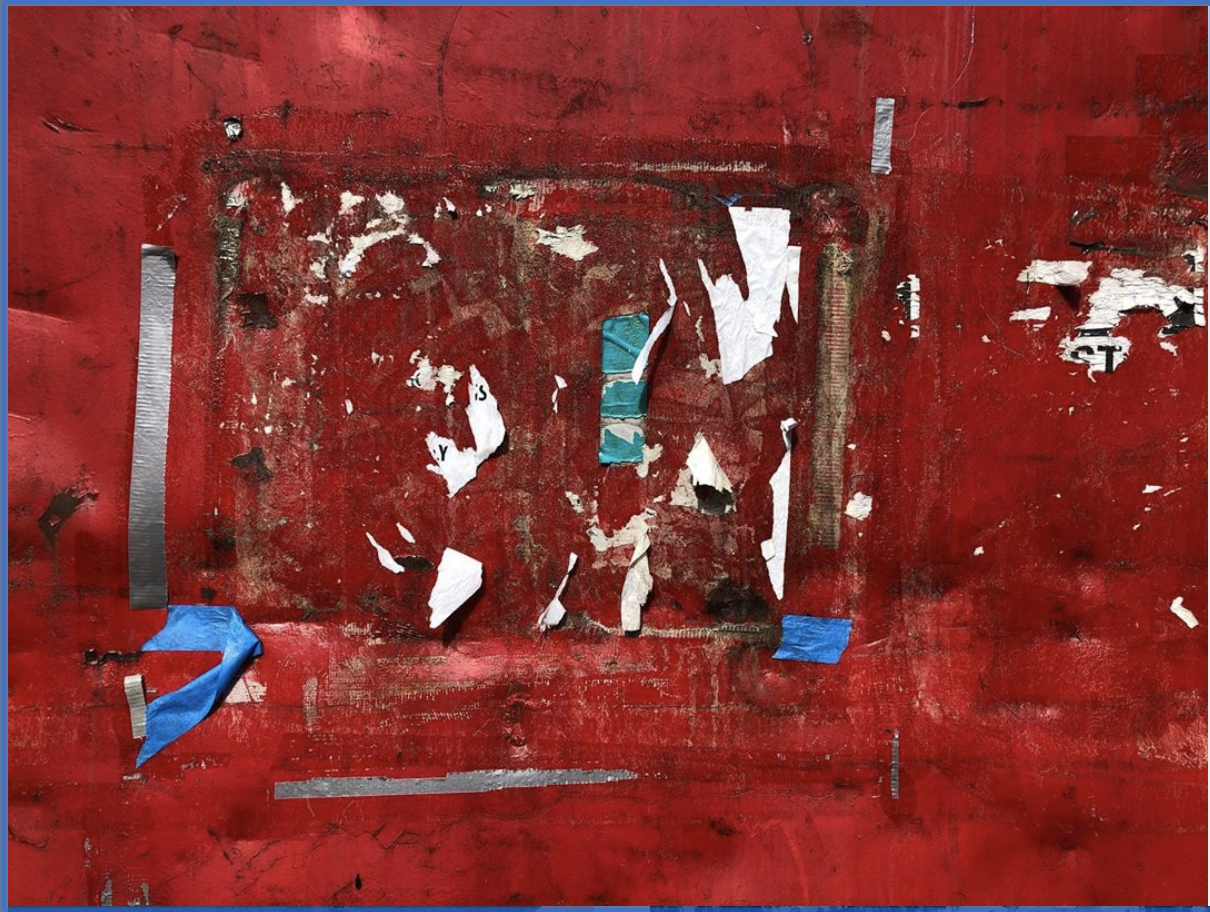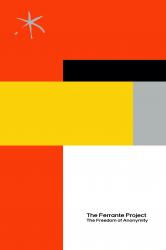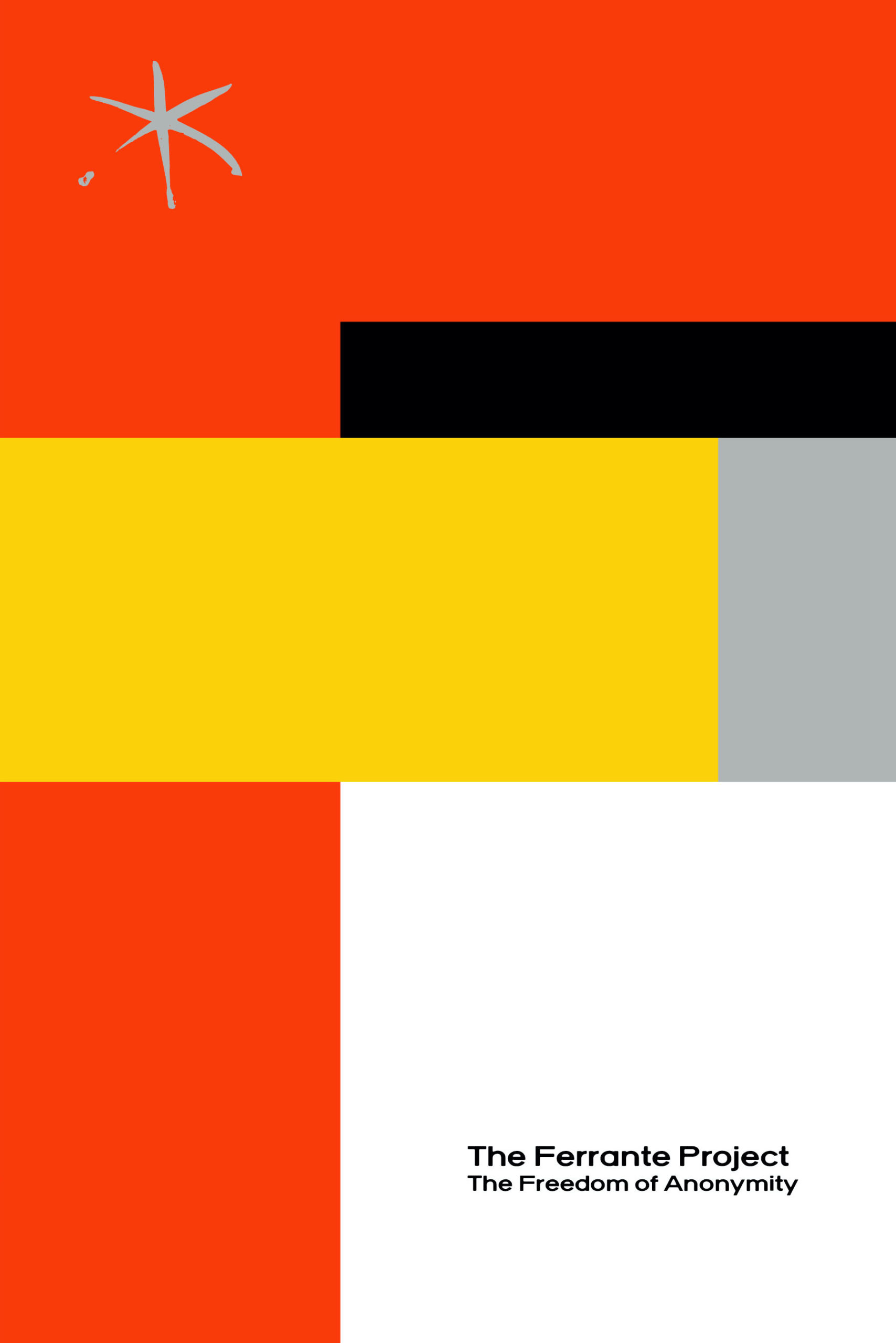
What kind of freedom and possibility can writing anonymously offer to women writers, and in particular to women writers of color?
Day 1
Would —I at last—tell the truth?
Day 2
Or would I tell a lie, untie the knotted rope tethering me to the shore of my comfort, the lie—I tell myself—that leads to release?
Day 3
Is the veiled name closer to the one or the other?
Day 4
Would I—at last—speak only to other dark women?
Day 5
Adrienne Rich: These notes are concerned with relationships between and among women.
Day 6
Would I speak our true names? Would I even begin to know how? Would I speak about how often our names show our color—Tamika or Nguyen or González—the shade under which our voices are cast? Would I speak about how often we go unnamed in our triumphs and in our deaths? Would I forsake my singular name so I can speak—at last—more truly our many names? Would I even begin to know how? Would I Say Her Name? Sandra? Or hers? Gabriella? Or hers? Saartjie? Soo Yun? Socorro?
Day 7
Elena Ferrante: I had to start with myself and with my relationships with other women—this is another essential formula—if I really wanted to give myself a shape.
Day 8
Would I dare to admit—at last—that most days I can’t stand Beyoncé and the clomping-capitalist-clock baseline of her ordered rhythms?
Day 9
Would I write to another rhythm? With what would I keep time? Would I keep time? Would I let it go? Would I stop spending or losing or managing or wasting or making or maximizing it? Would I tell menstrual time? Would I write in blood? Would I write the blood? Would I tell it in bloodtime? Would I write and write and write until I could—at last—feel the bloodrush and find in it another way to name myself rather than through the accretion of accomplishment? Would I banish the words popular prize-winning productive professor promotion publicity published?
Day 10
Ferrante: Honest writing forces itself to find words for those parts of our experience that are crouched and silent.
Day 11
Would I write in the form of a quipu, those knotted cords the Incans used for recording memories, for marking the days? Would I make of each word a knot—an overhand, a slip, a figure-eight—clustered on colored threads that refuse easy deciphering?
Day 12
Would I talk about that night over dinner when, after two decades of friendship, X said to me in passing, Well, you know, girl, how you hate white women?
Day 13
Rich: And so we must take seriously the question of truthfulness between women, truthfulness among women.
Day 14
Would I ask myself why I feel compelled to speak in this way, propelled toward the confessional? Would I ask what has made me feel I must speak as if I’ve done something wrong?
Day 15
Would I write that I was shocked by what X said? Would I admit what I said to her later that night—what I thought was the truth explained— while I was lying in bed? Well, girl, you know because I’m lighter than you, because in fleeting moments I can be mistaken as one of their own, because I let them assume their familiarity, these white girls are always showing me themselves and I guess I’m just sick of seeing it.
Day 16
Rich: In speaking of lies, we come inevitably to the subject of truth. . . . There is no “the truth,” “a truth”—truth is not one thing or even a system. It is an increasing complexity. The pattern of the carpet is a surface. When we look closely, or when we become weavers, we learn of the tiny multiple threads unseen in the overall pattern, the knots on the underside of the carpet.
Day 17
Would I write until—at last—I settled into the knotted underside of my disdain for Beyoncé? Would I confess that when I look closely at it what I see is actually my own self-disgust for the ways I tie my aspirations, my self-assertion, my success, my sense of power or beauty to the marketplace? A double knot I kneel to tighten each day.
Day 18
Ferrante: I prefer to think of myself as being inside a tangled knot; tangled knots fascinate me.
Day 19
Would I say what I told X days after—the darker truth under the one light enough to float to the surface? You know, I wonder if really I’ve been performing this “I hate white women routine” all these years so you won’t leave me, so you’ll know I’m on our side, so you’ll believe I’m dark enough, so I’ll believe it, so I can prove to us that I won’t let my light-skinned privilege betray us. Would I write what I didn’t say after that? How I assumed— like only a light-skinned girl can—that I had to perform my color? Would I write how I was only just then seeing the betrayal I had already committed, how what I was really saying was, I’m afraid of what I’m capable of, afraid that you will see how brittle I am, nothing but a moth’s wing battering itself against the lampshade?
Day 20
Rich: What is this particular fear that possesses the liar? . . . She is afraid, not so much of prison guards or bosses, but of something unnamed within her.
Day 21
Would I try to make of my writing something akin to Cecilia Vicuña’s “Disappeared Quipu,” an art installation that transformed an empty room into thick curtains of knotted wool? Would my writing entangle the body in a roomful of knots?
Day 22
Would I confess that, even still, I am trying to imagine a way to list this on my CV?
Day 23
Would I admit how even though I read all four of Ferrante’s Neapolitan novels, I struggled to keep going, that I grew increasingly, irritatingly weary of how I felt they relished in the abjection of their female protagonists? Does this make me unwilling to see certain truths about the ties between two poor girls, one light-skinned and one dark? Does this make me someone who wants to transcend these truths? Does this make me someone who wants to speak only in knots?
Day 24
Would I concede that, yes, if I’m really being honest, I actually enjoyed the Destiny’s Child reunion during Beyoncé’s Coachella performance, especially when they sang, If you’re really being honest / If you really want this / Why you acting like a stranger / What’s with your behavior / Say my name, say my name?
Day 25
Would I cease—at last—writing my condemnations? Would I stop performing my derision in the name of incisive and dispassionate analysis and instead relinquish myself to love? Would I write about the dark folds of my mother’s body? Or of my own mother-marked body? Would I—at last—narrate the body without despair, without the syntax of destiny, without a yearning for the smooth, taught, untangled thread?
Day 26
Is the knot the word or the silence?
Day 27
Would I confess that I loved how Beyoncé shared the stage at Coachella with all those HBCU bodies—the flexed arms of the drumline, the arched backs of baton twirlers, the nimble ankles of the steppers, the glistening thighs of drill team dancers, the gloriously dark music of their names—Simone Jenee Arnetta Venzella Jasmin Kiandra Kimmie Fulani Kendra Nirine Mao Elysandra Khadijah . . . ?
Day 28
Would I thread together every word I write into a love knot for X? For all the XXs glistening, listening in the dark?
Quoted material taken from:
Adrienne Rich, “Women and Honor: Some Notes on Lying,” On Lies, Secrets, and Silence: Selected Prose (New York: W.W. Norton, 1979), 185‒94.
Elissa Schappell, “The Mysterious Anonymous Author Elena Ferrante on the Conclusion of Her Neapolitan Novels,” Vanity Fair, August 27, 2015
(https://www.vanityfair.com/culture/2015/08/elena-ferrante- interview-the-story-of-the-lost-child).
Image Credits: Emily Raboteau

Anonymous
The Ferrante Project: A collective of 16 women writers of color experimenting with freedom, anti-fame, and anonymity. Contributors include: Cathy Linh Che, Angie Cruz, Natalie Díaz, Ru Freeman, Sarah Gambito Cristina García, Jamey Hatley, Dawn Lundy Martin, Ayana Mathis, Vi khi nao, Aimee Nezhukumatathil, Deborah Paredez, Khadijah Queen, Emily Raboteau, Paisley Rekdal, and Lyrae Van Clief- Stefanon.







